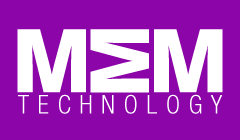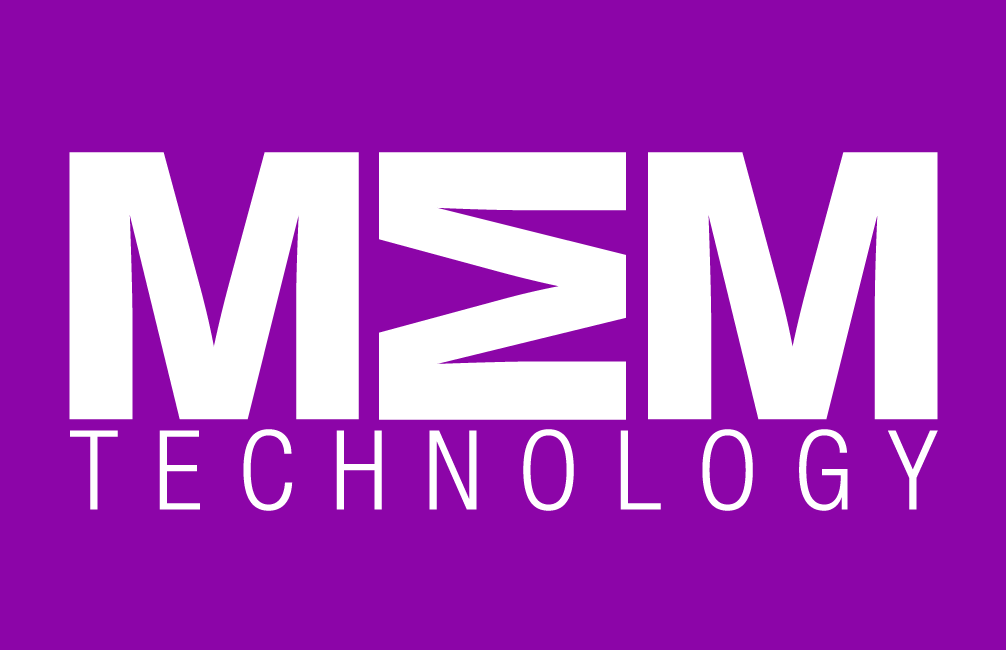A pioneering new semiconductor technology developed by scientists at the National Physical Laboratory (NPL) has been selected as one of the first twelve UK semiconductor innovations to receive support from ChipStart UK, a new incubator programme set up by Silicon Catalyst.UK and funded by the UK Government’s Department for Science, Innovation and Technology (DSIT).
NPL’s HIDRA Vision is a new patent-pending semiconductor wafer imaging technique that tackles yield limitation in compound semiconductor manufacturing. This ground-breaking wafer imaging technology captures high-resolution images, with approximately two million points on the wafer, in a few minutes rather than hours or even days with traditional systems.
HIDRA also captures detailed high dimensional information that enables correct identification of defects, and with the help of AI even more potential can be unlocked in inspection problems. HIDRA Vision has the potential to save hundreds of millions of pounds per year by being able to quickly measure whole semiconductor wafers. Traditional methods are slow and can miss material defects.
HIDRA Vision has previously been supported by DSIT’s Government Office for Technology Transfer (GOTT) through two Knowledge Assets Grant Fund grants. The first grant enabled NPL to carry out a market study, while the second grant enabled NPL to build and test a full-scale prototype in a range of applications. GOTT’s support for HIDRA Vision has been instrumental in enabling the team to advance the technology to its current point.
ChipStart UK is a nine-month semiconductor incubator programme whose aim is to support twelve high-quality, UK semiconductor innovations or start-ups with the potential to make a significant impact on the global semiconductor industry.
The next generation of semiconductors will rely on new materials and processes, inviting a wave of renewed global competition. Compound semiconductors, i.e., semiconductors that are made from two or more elements, are a particular strength in the UK. HIDRA Vision will support quality control in this important supply chain and help the UK’s compound semiconductor industry compete internationally.
Commenting on the news, Dr Yameng Cao, NPL Senior Scientist and HIDRA Vision CTO, said, “We are absolutely delighted to have been selected to be in the first cohort of the Silicon Catalyst ChipStart UK Incubator programme. The Silicon Catalyst is world-renowned for its success in incubating new semiconductor related businesses and we can’t wait to start the programme and work with the mentors and advisors and take part in the training. We believe this will really help us accelerate our business growth. We’d also like to give special mention to the Knowledge Asset Grant Fund from DSIT, which has helped us get this far with two grants to support HIDRA Vision’s technology and commercial development.”
Manufacturing & Engineering Magazine | The Home of Manufacturing Industry News















